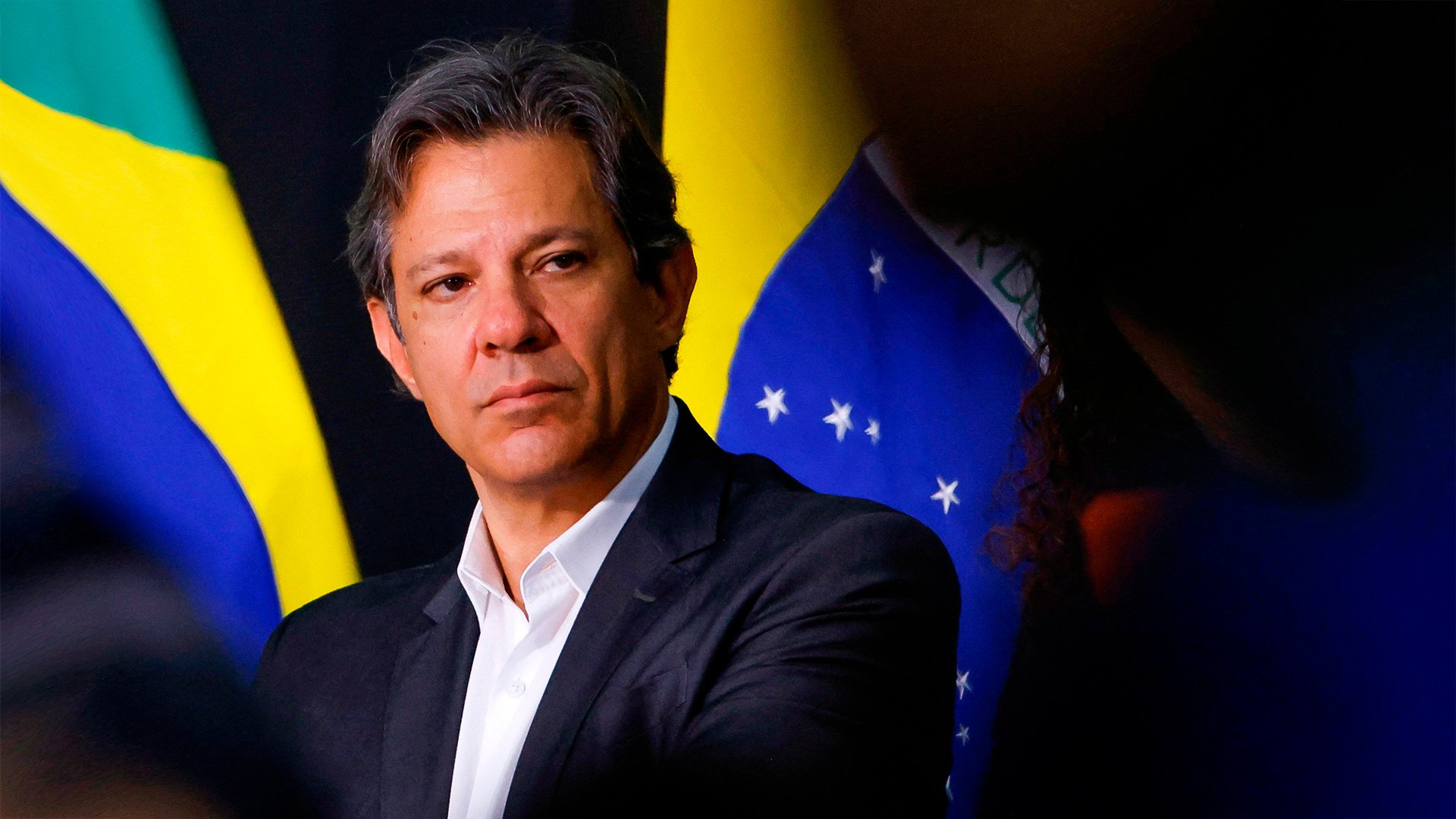Brazil's Finance Minister vows to crack down on unregulated betting amid 'pandemic' of gambling addiction

Brazil’s Finance Minister Fernando Haddad has announced new regulatory measures aimed at combating a "pandemic" of gambling addiction in the country. The measures, which will come into effect from October 1, will block betting operators who have not been authorized to operate in Brazil and introduce stricter controls on advertising, sponsorship, and the use of credit cards for online gambling.
Haddad stressed that the regulation is not primarily about increasing tax revenues but addressing the growing public health crisis related to gambling. "It has nothing to do with tax collection. This has to do with the pandemic that is taking hold in the country and that we have to start addressing, which is the issue of psychological addiction to gambling," Haddad told reporters on Tuesday.
The new measures include a ban on the use of credit cards to finance online bets, a move supported by Isaac Sidney, president of the Brazilian Federation of Banks (Febraban). Sidney has expressed concern over the impact of gambling-related debt on Brazilian families.
The government will work with the Ministry of Health to tackle addiction, with Haddad noting that there have been numerous reports of health issues linked to excessive gambling. "We are seeing the urgent need to start putting this in order and partnering with the Ministry of Health, there are many reports of health problems," Haddad said.
Further measures to safeguard consumers are expected as part of a broader regulatory framework that will take effect over the next several months. Companies operating in compliance with Brazil’s existing rules will be given until the end of December to fully adapt to the new regulations. From January, all authorized operators must use the “bet.br” domain to distinguish themselves from unauthorized platforms.
The regulations will also impose tighter restrictions on how betting companies advertise and sponsor events, with the aim of curbing aggressive marketing strategies that target vulnerable individuals. “The objective of regulation is to create the conditions so that we can provide support and address the issue of psychological addiction to gambling,” Haddad said.
Haddad emphasized the need for a collaborative approach, highlighting the involvement of civil society, including non-governmental organizations and support groups, to ensure the new rules effectively protect consumers. "Our intention is not only to regulate, but to create a support network that involves different sectors of society," he added.
The new regulations are expected to present operational challenges for betting companies, many of whom will need to overhaul their practices to comply. However, proponents of the measures argue that they will create a safer, more transparent market while providing greater protection to bettors.
Brazil's Congress approved legislation to regulate betting at the end of last year, but full implementation depends on these and other legal steps, which are set to unfold in the coming months.

















































